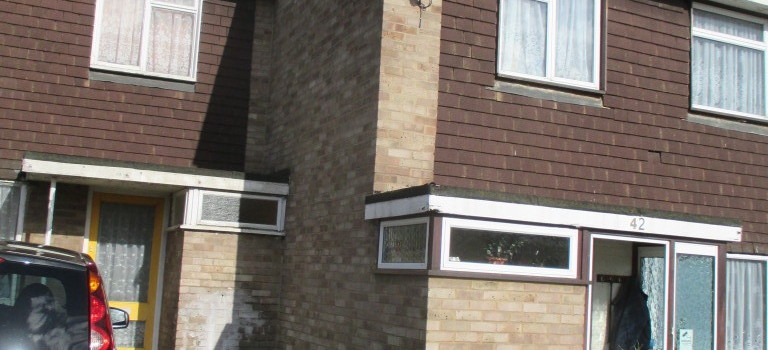
The UK has one of the oldest stocks of housing in Europe and unfortunately with age comes inefficiency. Older properties, particularly those built prior to the 1930s with solid wall construction, leak heat.
This is a particular problem in the private rental market where the tenants living in the home tend to have to pay the energy bills, but they are not in a position to lower them by installing meaningful energy efficiency solutions like solid wall insulation or new energy efficient boilers.
As a result, the Government is proposing that from April 2016, tenants will have the right to request certain energy efficiency improvements that the landlord may not unreasonably refuse.
Building on that, the Government is also proposing that from April 2018, landlords will not be able to rent out properties unless they have an E rating or better on the EPC (find out more about EPCs here)
Has the Government gone far enough?
Whilst it is an encouraging sign that the Government is starting to take energy efficiency more seriously, we feel that a lot more could be done. Introducing minimum standards is a great idea, but the problem with using a simple rating as the standard is that every property is different and furthermore an E rating is very straight forward to achieve on most homes.
For the vast majority of homes, a relatively modern heating system and basic draught proofing and loft insulation will get them up to an E rating at least. We feel that instead of giving a rating level to achieve, the policy could be to ensure that certain measures are made mandatory.
For example, if cavity wall insulation, or loft insulation is recommended on a rental property, it should be installed. If the heating system has an efficiency rating below a certain level, it should be replaced. This would ensure that each property is treated the same and that these basic measures have been carried out in all rented properties.
Why should landlords embrace it?
It is easy to see why this ruling may disappoint landlords; it means that in theory they would have to make a significant financial outlay in some cases to ensure that they can rent their properties.
In fact, that doesn’t have to be the case at all, via schemes like ECO and the Green Deal, they can get these measures installed in their properties at no up front cost, with the tenant repaying the cost in their electricity bills.
While ECO is a grant and is either means tested or paid out based on postcode, the Green Deal is open to anyone including landlords. This would allow them to get these more expensive measures installed and the tenant would actually be paying for the measure through the savings created by the measures. There is also the GDHIF grant which can provide £7,600 cashback towards getting energy improvements installed all in the form of a grant.
In the long run, more energy efficient properties will be more attractive since the tenants moving in will be able to pay less each month on their bills. There really is no reason why landlords can’t act now and start the ball rolling – there are plenty of ways to improve your property and it doesn’t have to cost a fortune.












This is definitely a good idea – about time the Government started forcing people to lower energy usage. And forcing tenants to pay through the nose for energy because they are too greedy and stingy to replace the boiler can only be good!
Hi Sasha – hopefully the Green Deal Home Improvement Fund (GDHIF) will come back in some shape or form in the winter and the Green Deal Finance reformed to give landlords the incentives to make the investment and move forward with energy efficiency improvements. Fingers crossed of course it all comes through, given we’ve had a turbulent few weeks and months when it comes to domestic energy efficiency policy.